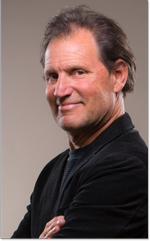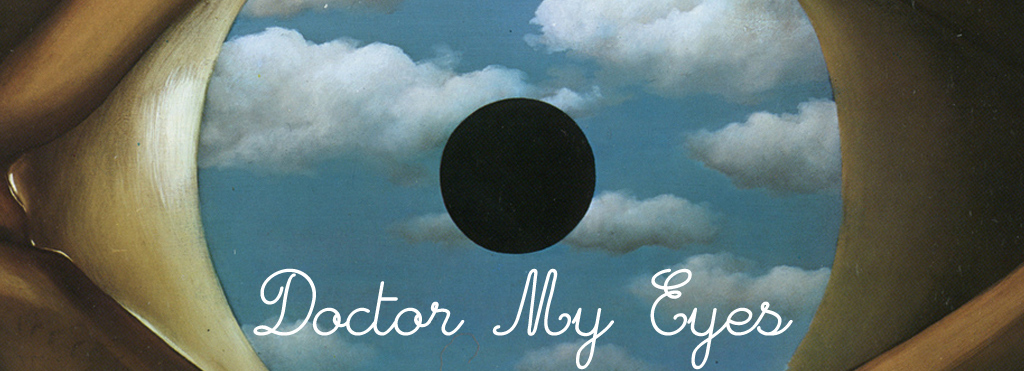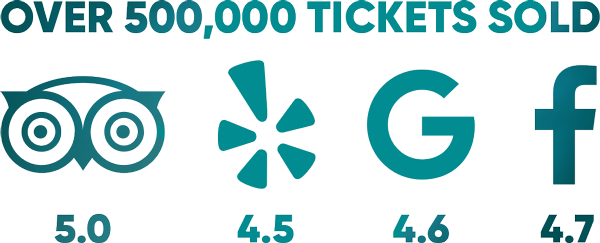
Bill English, Artistic Director
I spoke a few weeks ago at the national convention of the ATCA, the American Theatre Critics’ Association. I had a hard time coming up with what I would say. There is a curious tension between theatre producers and critics. We eye each other a little warily. Producers are acutely aware that critics have the power to ruin them. Hundreds of thousand dollars, millions, go to back the hunch of a producer, let alone the countless hours and the blood sweat and tears of designers, actors, directors, all reaching up for the very best to help the enterprise succeed, can all be brought down in an instant by a few words from a critically important reviewer.
And the critics, with their journalists’ integrity to guard, must be ever so careful about getting too chummy with producers, chatting it up too much before the show or even partaking of the opening night food. Woe, that someone might suspect they were trading pizza for praise. Both critics and directors work in ridiculously challenging professions and both these wary bedfellows are absolutely essential to a healthy theatrical community. Without producers willing to take absurd risks, there will be no news, and without the critics, the trees crash unnoticed to the forest floor.
Trying to work out in my own empathy gym, and never having been a critic, I work hard to imagine what their work is like, what critics struggle with, what passions draw them to this difficult job. Having just directed two shows back to back, I am reminded of how difficult it is to watch the story unfold in rehearsals every day, not because it’s boring to watch the same words spoken over and over but because it is difficult to absorb all of the sufferings that characters go through, their yearnings, their grief, their shame, their loneliness. Even in a musical comedy like La Cage aux Folles there is plenty of suffering. Albin, the drag queen is required to deny his own identity to the support the needs of his son. It’s painful stuff to watch over and over.
And I imagine like my experience directing, it must be difficult for critics to watch five shows a week, fifty weeks a year. So much drama! From Othello to Glass Menagerie to The Flick, playwrights peel the skin off their characters and we must watch them bleed. As ordinary theatre-goers, our empathy muscles are given a stiff workout for a couple hours and we feel more connected, to our own pain, to those we love. Our experience can be cathartic, we feel cleansed somehow by identifying with Sophocles’ Oedipus or Shaw’s St. Joan or Harry the chef, in Theresa Rebeck’s Seared. But the theatre director has much in common with the critic in that we both consume a daily diet of pathos, and at least this director can get emotionally constipated.
Actors get to express the emotions and get it out of their system. Acting can be very healthy, cathartic and instructive, but the director and critic have no such outlet. And so the empathetic experience can collect in our systems. I have had to battle the impulse to shut down in the face of too much feeling and that can be lethal for the director who must be ever aware and awake and open to what her actors are expressing. Shutting down is a sure way to kill a production. If you’re not feeling and responding to the work, your instincts for making choices and subtle adjustments, the essential tools that help us shape the raw work of actors into a finished product, can get shut down as well.
And I imagine that if a critic gets OD’d on the sheer weight of human emotion, show after show after show, they too run the risk of shutting down and not being genuinely open to and affected by the work. Since the essential element of theatre is “feeling,” we directors and critics must find ways to clear out our empathetic overload, to come refreshed and renewed to face the onslaught of the rich emotional life our actors bring to the stage. We must get to the forest, or the beach, walk, get away from the theatre so we can return renewed and open.
And I suppose this is true of all people these days as we face the onslaught of the information age, the steady parade of bad news, the fears of where our planet’s political turmoils are leading us. We all run the risk of shutting down, sticking our head in the sand and consequently becoming useless. I think of the Jackson Brown song, Doctor, My Eyes, which has a lot to say about this dilemma.
Doctor, my eyes have seen the years
And the slow parade of fears without crying
Now I want to understand
I have done all that I could
To see the evil and the good without hiding
You must help me if you can
Doctor, my eyes
Tell me what is wrong
Was I unwise to leave them open for so long
‘Cause I have wandered through this world
And as each moment has unfurled
I’ve been waiting to awaken from these dreams
People go just where they will
I never noticed them until I got this feeling
That it’s later than it seems
Doctor, my eyes
Tell me what you see
I hear their cries
Just say if it’s too late for me
Doctor, my eyes
Cannot see the sky
Is this the prize for having learned how not to cry
How can we learn to “see the evil and good without hiding?” It is a practice that we must employ, for if we are to be of use, to our work, ourselves, and our world, we must see clearly. Directors, critics, humans, we must learn to cleanse our hearts from the “slow parade of fears” so we can come to the work and life with fresh eyes. Here’s hoping we can keep on keeping them open.

Bill




Beautifully said. Bravo! And thank you. I always look forward to your insightful words.
Thanks so much, Carol
Very well said. Remind me not to become a theatre critic next time I get enamored with the idea (I want to participate in free pizza too much). I see so many live productions that it seemed like a great plan to start writing about it all in the form of art criticism. But I know that my own empathy would get in a way; I love the actors and their enormous sacrifices to give us their all too much, I bleed for the hard work of the directors, tech people, stage managers, and every single person involved in the, hopefully, successful production of the play. I still have to get away to the proverbial forest and dig hard in my garden to keep the fresh perspective intact between plays, but guessing from how much fun I had hanging out with the playwrights vs. theatre critics at the convention you mentioned, I’ll stick with just being a happy observer (and free pizza).
haha, you are too funny. Even if you wee a critic, I would look the other way while you snatch a slice. Thanks!
Hi Bill,
If your ATCA speech was half as thoughtful as this comment I know it was a smash.
Mike Smith
Thanks so much, Mike
Lily Janiak is absolutely perfect theater critic who never shuts down; she never even gets close to shutting down! Every word of every review she publishes in “San Francisco Chronicle” newspaper is absolutely right on, as you will infer if you always read her reviews.